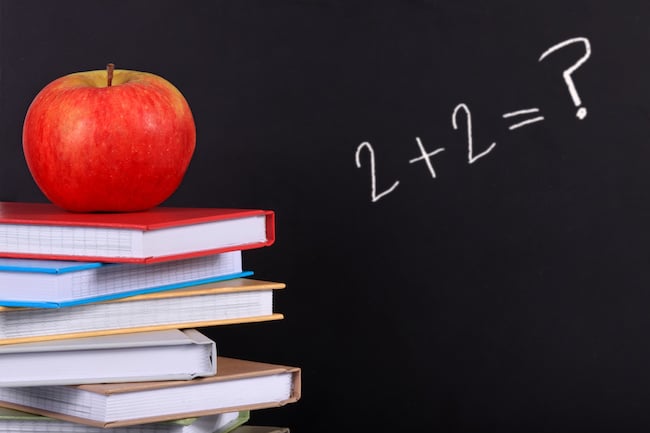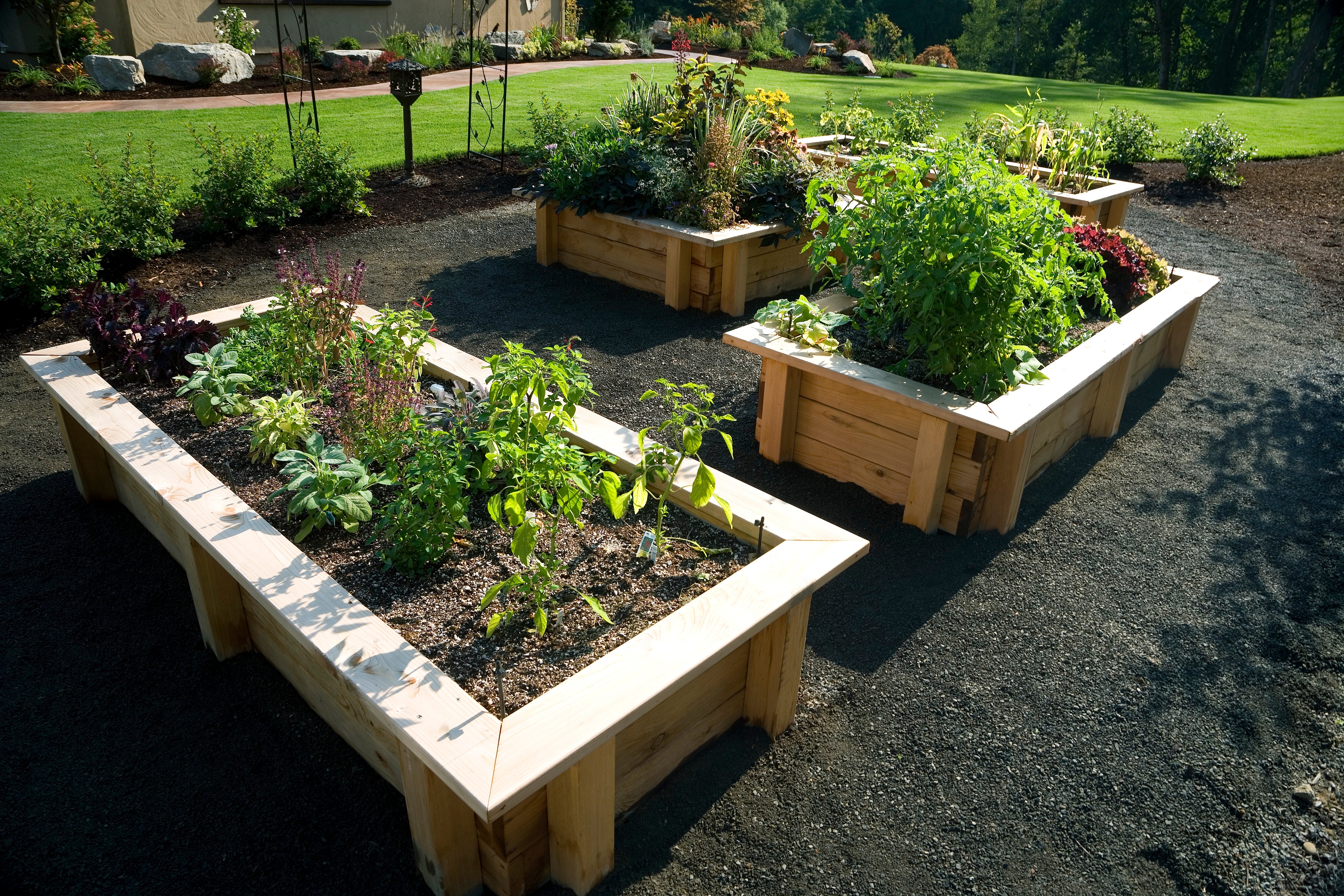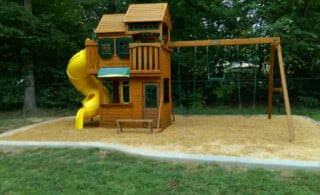
Teaching math involves instilling a love of numbers in youngsters. When kids learn that math is a fascinating subject that spills over into many different activities, they may adopt a more positive attitude about these concepts. Home-school math can involve many different opportunities for learning. Playing math games and talking about math concepts during everyday activities are just two examples of ways to help elementary- and middle-school students develop strong math skills.
After math lessons and worksheets are done, keep kids learning math concepts in a fun way. These do-anytime activities are a great way to motivate learning. Walk kids through sorting objects into equal groups and figuring out what to do with any leftovers.
Tips for Helping Your Elementary-School Child With Math Homework
Talk about math and numbers during everyday activities to incorporate this type of thinking as much as possible. Numbers are involved with shopping, cooking, traveling, and more.
Ready, Set, Play! How Games Can Help Kids Who Struggle With Math
Math games can be helpful for virtually any student. Games can center around specific math skills, and they can provide just the right challenge in an entertaining format.
Top 10 Ways to Help Your Kids Do Well in Math
Mastery of math facts forms the foundation for success in math. Check your child’s math skills to see if they are adequate. A student should be able to answer addition, subtraction, multiplication, and division questions in less than three seconds.
The early elementary years are pivotal grades for mathematics success. Make math feel real and important to young kids by incorporating it into daily activities. Counting objects while taking walks and comparing prices at the store are two ways to make math meaningful.
Math games are an important learning tool for elementary students. When playing math games, kids practice skills, explore new problem-solving strategies, and gain a better understanding of math concepts.
Although algebra may seem like a subject for older students, younger children benefit from mastering algebraic thinking. Introducing abstract thinking into mathematics in the early elementary grades can help prepare students for algebraic success.
Use interactive math activities to build elementary math skills. For instance, here, kids can practice reading a thermometer and get instant feedback on their answer.
Top 10 Teaching Tips for Middle-School Math (PDF)
Successful math education at the middle-school level involves the process of thinking out loud together. Instead of teaching rote solution skills, explore math problems together so students understand why and how they need to perform certain processes to solve problems.
Mathematics Strategies for Middle-School Students (PDF)
Incorporating movement into solving math problems is a key for student success. Giving students items to touch and move helps them understand concepts and remember them later. Another good idea is to help the student create stories or mnemonics to remember math ideas.
Math Tips for Middle-School Students
Ask a middle-school child to explain math concepts to you to measure understanding. A student who can explain a process is demonstrating solid mastery of a skill. If a child shows confusion, discuss the concept together to gain understanding.
Tips for Being Successful in Math
Doing math is an effective way to study concepts and improve skills. Encourage kids to spend time performing practice problems to cement these skills in their brains.
10 Tips for Helping Your Children Be Good at Math
Encouraging kids to think problems through to solve them independently is an important way to build skills and improve mathematical understanding. When students actually understand why they must perform specific processes, they have gained crucial skills that will enable them to succeed.
Middle-School Math: Tips for Helping Your Child With Homework
A struggling middle-school math student may be having trouble recognizing concepts they have already mastered. Dissect concepts to remind the student about already-mastered skills to make new concepts seem more manageable.
Khan Academy is an extensive resource for both parents and educators to help students learn about a variety of subjects, including math. Elementary students can begin with the basics, like an introduction to addition. The website offers interactive instruction with problems for students to solve.
Parent Tips to Support Kindergarten Math Learning Fun at Home
Counting activities are important for building foundational math skills. While counting, look for opportunities to gather and sort objects. Sorting laundry, organizing a cupboard, or picking up toys can be ideal times to count, sort, group, and organize items.
 Gardening at Home with Kids
Gardening at Home with Kids  Home Energy Conservation for Kids
Home Energy Conservation for Kids  7 Steps to a Backyard Playground for Kids
7 Steps to a Backyard Playground for Kids  Go Green at Home! For Kids & Adults
Go Green at Home! For Kids & Adults  Home Design-Inspired Activities for Kids
Home Design-Inspired Activities for Kids 

Are You Familiar With This Topic? Share Your Experience.